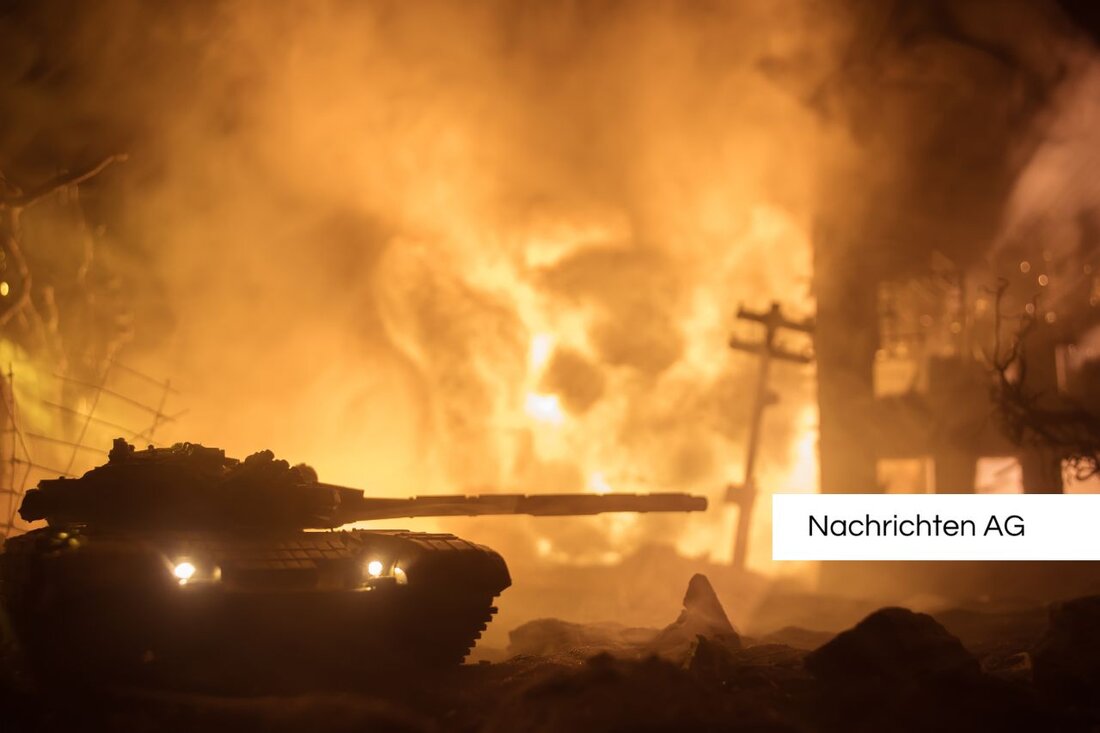Prisoners of war and corpse return: Standing between Russia and Ukraine
Russia and Ukraine negotiate the exchange of prisoners of war and the return of fallen soldiers.

Prisoners of war and corpse return: Standing between Russia and Ukraine
The exchange of prisoners of war and the return of fallen soldiers between Russia and Ukraine get into a difficult phase. According to Vol.at Kremlin spokesman Dmitri Peskow existed, but there is a final agreement. In particular, the return of Ukrainian soldiers' corpses ensures tensions.
On Monday, soldiers under 25 were released on both sides, but there is no noteworthy information about the number of people concerned. In the early June, a comprehensive exchange of prisoners and the return of up to 6,000 dead Ukrainian soldiers were agreed in Istanbul. This number could bring an enormous financial burden on Ukraine, of more than 1.9 billion euros.
The situation on the Belarusian border
Peskow also reported that more than 1,200 corpses of Ukrainian soldiers in refrigerated cars are waiting for the return on the Belarusian border. The spokeswoman for the Russian Ministry of Foreign Affairs, Maria Sacharova, expressed sharp criticism of Ukraine because she does not meet her responsibility for the withdrawal of the fallen soldiers. The Ukrainian coordination staff rejected the allegations and explained that the Russian side had started handover without prior coordination with Ukraine.
President Wolodymyr Selenskyj suspected that Russia may send the dead to Ukraine without submitting appropriate evidence. This raises striking questions about the credibility of the information.
legal aspects and financial burden
In addition, Ukraine plans to get all the fallen soldiers home, which means a financial compensation of 15 million Hrywnja, accordingly over 300,000 euros, for the family members. Immediate payment of 60,000 euros is also promised. A draft law is discussed in the parliament that stipulates that the missing soldiers may only be declared deadly two years after the end of the war.
The exchange of prisoners of war has a long tradition in history. Historically, it was in the 18th century when national countries began to regulate the exchange of soldiers. Numerous agreements, such as the Hague Land War order of 1907 and the Geneva Agreement, regulate this process to this day. Such agreements are often carried out by mediation by third parties, such as the International Committee of the Red Cross, and contain various obligations to return prisoners, as has been seen in the past in conflicts, as in the American Civil War or in the First World War.
The challenges that the exchange between Russia and Ukraine faces are both logistically and emotionally shaped. Persistent conflicts and distrust between the two sides make it difficult to implement fair agreements. According to Spiegel it turned out that such processes often require time and diplomacy, although also often play a key role in third parties.
In view of these complex customs, it remains to be seen how the situation will develop in the exchange of prisoners of war and the return of fallen soldiers. Ukraine does everything possible to pay the last honor for their fallen soldiers who fought for their country and at the same time support the relatives.
 Suche
Suche
